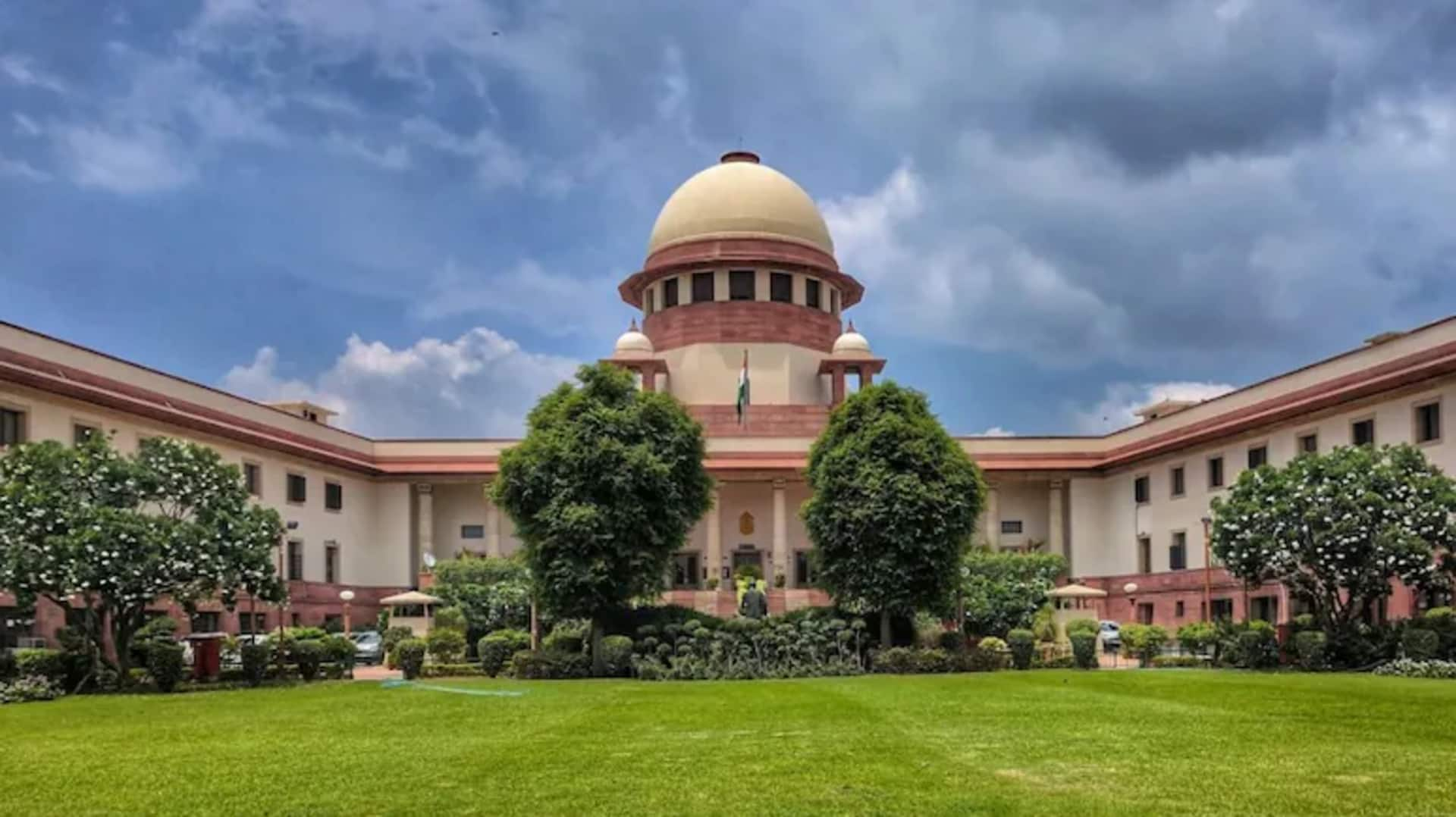
Surrogacy age restrictions don't apply to pre-2022 couples: Supreme Court
What's the story
The Supreme Court has ruled that the age restrictions under the Surrogacy (Regulation) Act, 2021, will not apply to couples who started the surrogacy process before January 2022. The decision was made by a bench of Justices BV Nagarathna and KV Viswanathan on petitions filed by three couples who had crossed the upper age limit specified in the Act. They had begun the process of surrogacy (by freezing embryos, transferring them to womb, etc.) before the 2021 law was enacted.
Legal clarification
What constitutes 'surrogacy process': Court explains
The court clarified that the term "surrogacy process" refers to actions such as freezing embryos and transferring them to a surrogate mother. It said the age restrictions will not apply if couples have taken steps like extracting gametes and freezing embryos, indicating their intention to proceed with surrogacy. Justice Viswanathan also wrote a concurring judgment, noting that petitioners had exercised their right to surrogacy when no legal restrictions were in place.
Judicial agreement
Petitioners exercised right to surrogacy before legal restrictions: Justice
"The petitioners had exercised the liberty (to have a child by surrogacy) when there was no disability (including age restrictions) as such. It was only after the process that the age bar and marriage restriction were introduced," Justice Viswanathan said. The court granted relief to the three couples who challenged the age restrictions under Section 4 (iii)(c)(I) of the Surrogacy Act. The section mandates that intending couples must be married and aged between 23-50 for females and 26-55 for males.
Legal scrutiny
Court questions rationale behind age restrictions
The court also questioned the rationale behind imposing such age restrictions retrospectively, although it did not decide on their validity. "Although the Union has argued that the age limit is linked to the welfare of children, we are unable to agree since there is unlimited freedom available to couples who have children naturally," it observed.